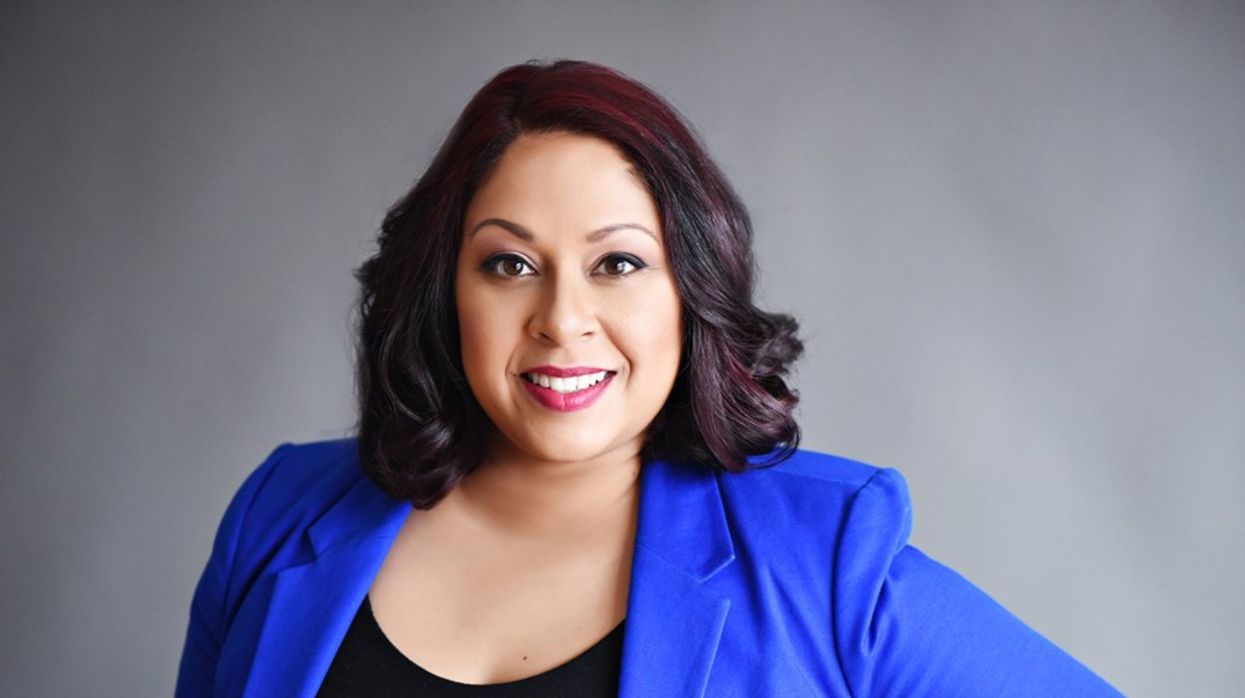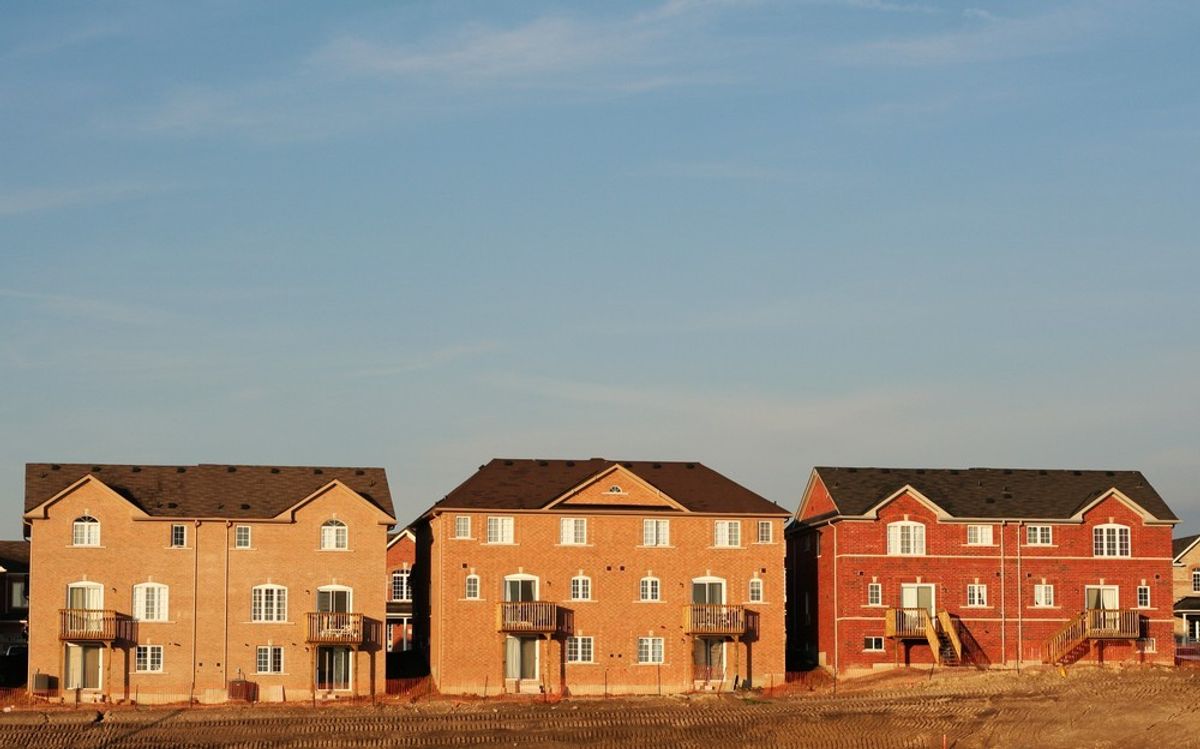Award-winning realtor, Munira Ravji, is a neighbourhood expert and co-leader of Royal LePage Signature Realty’s TOrealestategroup.
As a young woman, she was taught that whatever community she lived in, she was to be an integral part of that community and make an impact.
READ: How Design And Architecture Can Improve Toronto’s Community Well-Being
As a result, Ravji founded the Harbourview Estates Residents Group for her condo in City Place. The group gives her community an opportunity to engage and get to know each other.
But just like you should know your neighbours, Ravji understands the importance of knowing your realtor.
“I don't even work with another agent without Googling them first and finding out who they are,” she says.
Obviously, Ravji is the perfect choice to answer this week's question.
What are the Five Best Ways to Check a Realtor's Reputation and Sales Record?
The first thing I would do is Google them.
Our web presence is really telling. Realtors are public figures in the community and central figures in the conversation about housing in our city. By Googling your realtor, you're going to get a chance to see what their online presence is, but also if they're involved in their community, even from a political perspective.
READ: Real Estate Marketing And Promotion Ideas, Like This Video, Are Winning On Social Media
When you are looking in a very specific community or for a very specific property, you want to make sure the person who is guiding you knows what they're talking about, knows what the issues are, knows what the benefits are and most importantly, knows what's happening in the next three to five years. I'm really involved in my community, and have been from before I got into real estate (when I was a community developer). I sit on a few boards, and I'm involved with OREA, which I think is vitally important. Communities change so quickly and that really does impact your investment overall.
Social Media
Websites and blogs don’t give as much insight into character as social media. So I would suggest assessing a realtor's qualifications and reputation by poking around their social media accounts.
Social media is extremely important and I'm always amazed at the number of connections I make through Instagram. I started a community group as well, and while I'm really careful about the conversations I have online, it's almost a full-time job moderating it.
READ: The 5 Stages Of Moving As Told By Your Social Media Accounts
Social media accounts are really important. When people are checking us out, they don't have time to sift through everything. A good social media presence allows a realtor to show their personality and talk about their personal experiences, offering prospective clients a snapshot of who we are in the public realm.
Sales Numbers
Every time I close a deal, I announce it online.
I want people to know that I’m active in sales, and I want to show what kind of properties I'm helping people purchase or helping people sell. I want clients to know that we have the sales data.
Transparency helps clients to know what's happening with the market, but also to know who's running the market. Putting sales data out there shows the processes at work and at times, how realtors can impact the market. We have to be really nimble when it comes to selling a property or trying to win a property for our clients, so seeing the sales data can provide a glimpse into a realtor's strategies.
READ: September Sees Sales and Price Growth Across GTA Markets: TREB Report
One of the first places you can go for that information is to the realtor's website. If a prospective client logs into my website – waterfronttocondos.com – it gives them an opportunity to access the website and get all the information they're looking for. But it's also an opportunity for me to follow-up and say, 'Hey, thanks for visiting my website. Do you have any questions? Can I tell you a little about myself?'
Generally, sales numbers are protected on websites without some kind of registration or login information. But we're glad when consumers can get the sold prices because it's really important information that teaches a client how to bid and follow the market.
Giving consumers access to those numbers has brought a lot more transparency to our industry and allows people to trust us because they, too, have the information.
References and Testimonials
Go straight to the source and look for references and testimonials.
READ: 7 Tips To Help You Choose The Right Real Estate Agent
When I do a listing presentation, I always offer three names of clients people can speak to if they want to get more information. I have all types of clients who are willing to chat, and I think speaking to someone directly about their experience really helps.
Prospective clients should have a list of questions prepared so that you really get to understand what's important to you and about how we dealt with the prior transaction.
Testimonials are hard to get, so they're often heartfelt and meaningful. It's something small that a past client can do for their realtor and have a profound impact.
Check RECO
Lastly, I recommend going to The Real Estate Council of Ontario [RECO].
READ: Changing Brokerages: How Real Estate Professionals Decide Whether To Stay Or Go
Realtors are governed and disciplined by RECO, and they set a lot of our policies and offer a search database of any realtor on their website. The database tells a client if a realtor is properly registered, whether we have a license number, what brokerage we do business with and if there are any judgments against us.
All of that info is listed on the site and it's all public information. Just plug in your realtor's name and make sure they are who they say they are!





















